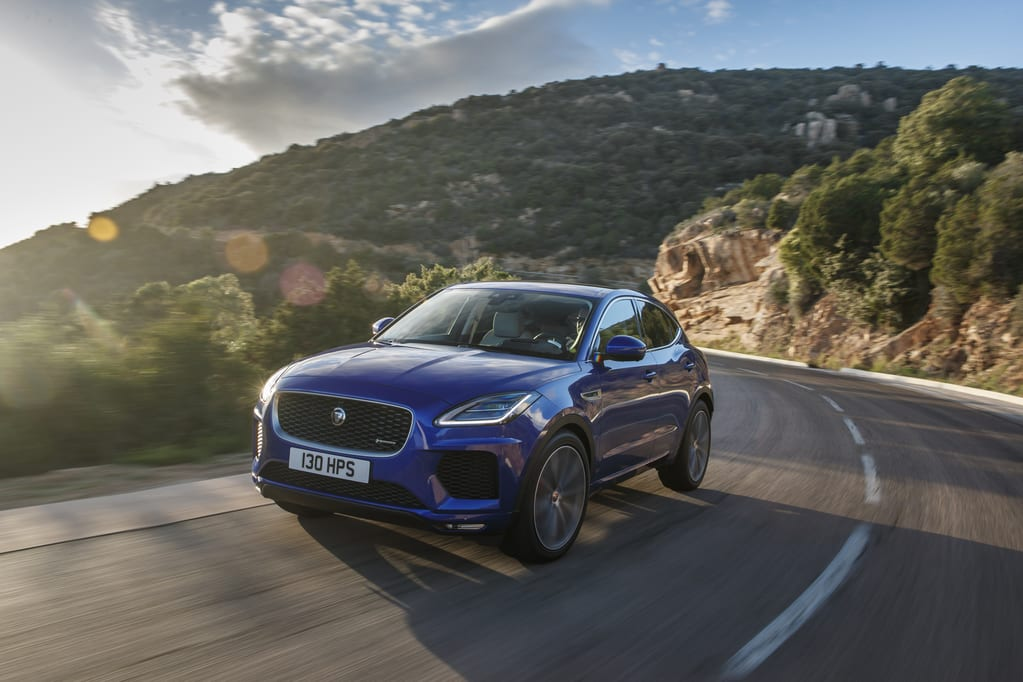Jaguar Land Rover (JLR) is developing technology that it claims will reduce motion sickness in passengers, warning them of the impending condition even before they realize it themselves.
Motion sickness is one of the most daunting prospects faced by everyone in car journeys. If you are particularly afflicted, you never know when the breakfast you had before getting into the car would want to force its way out. Likewise, it is not a pleasant spectacle being at the receiving end of a spew, especially if it's not your own.
We apologize for the gruesome mental image or memory some of you might have conjured due to the text, but motion sickness is a rampant condition prevalent in as many as 70 percent of passengers, according to JLR. The company is coming up with a new piece of technology that warns passengers when they are about to get sick before they themselves feel it. Because let's face it, the car also takes damage in the form of stained seats and carpets, and a lingering, sickly aroma of the remnants of somebody's food. JLR does not want its cars to face such disfigurement.
So how does the system work? The vehicles are fitted with biometric sensors that record physiological signals. Using an algorithm to make sense of the readings, the vehicles generate a "wellness score" for each passenger. The algorithm has been developed over more than 24,000km of testing, including a variety of factors like passengers checking emails when on the move.
Once the car detects a passenger's discomfort, it adjusts settings such as seat position, climate control, and ride mode automatically to prevent the onset of motion sickness. Such functions are already available in part on the Jaguar E-Pace crossover.
Spencer Salter, wellness technology researcher at JLR said that little was known about the causes (of motion sickness) and how to mitigate them. “As we move towards an autonomous future where occupants will have more time to either work, read or relax on longer journeys, it's important we develop vehicles that can adapt to reduce the effects of motion sickness in a way that's tailored to each passenger.”
The first phase of the research will be completed by the end of November, although there is no fixed timeline on when JLR will make the technology commercially available. So if you are an unfortunate victim of motion sickness, you know which car will keep your breakfast where it is supposed to be and not strewn across someone's lap or the car's floor. However, we can't speak for the F-Type Rally car Jaguar just showcased...


